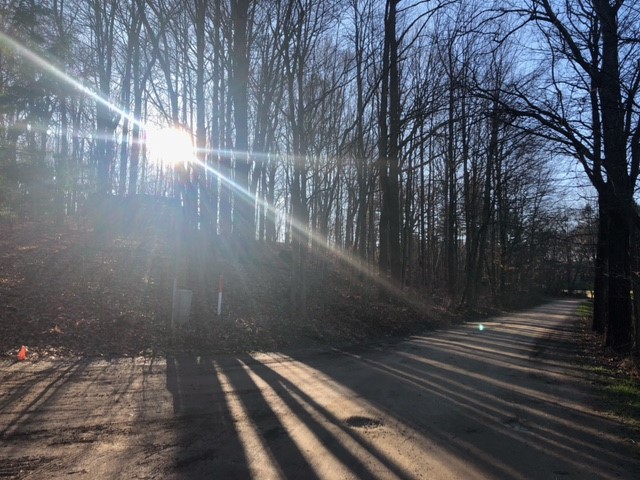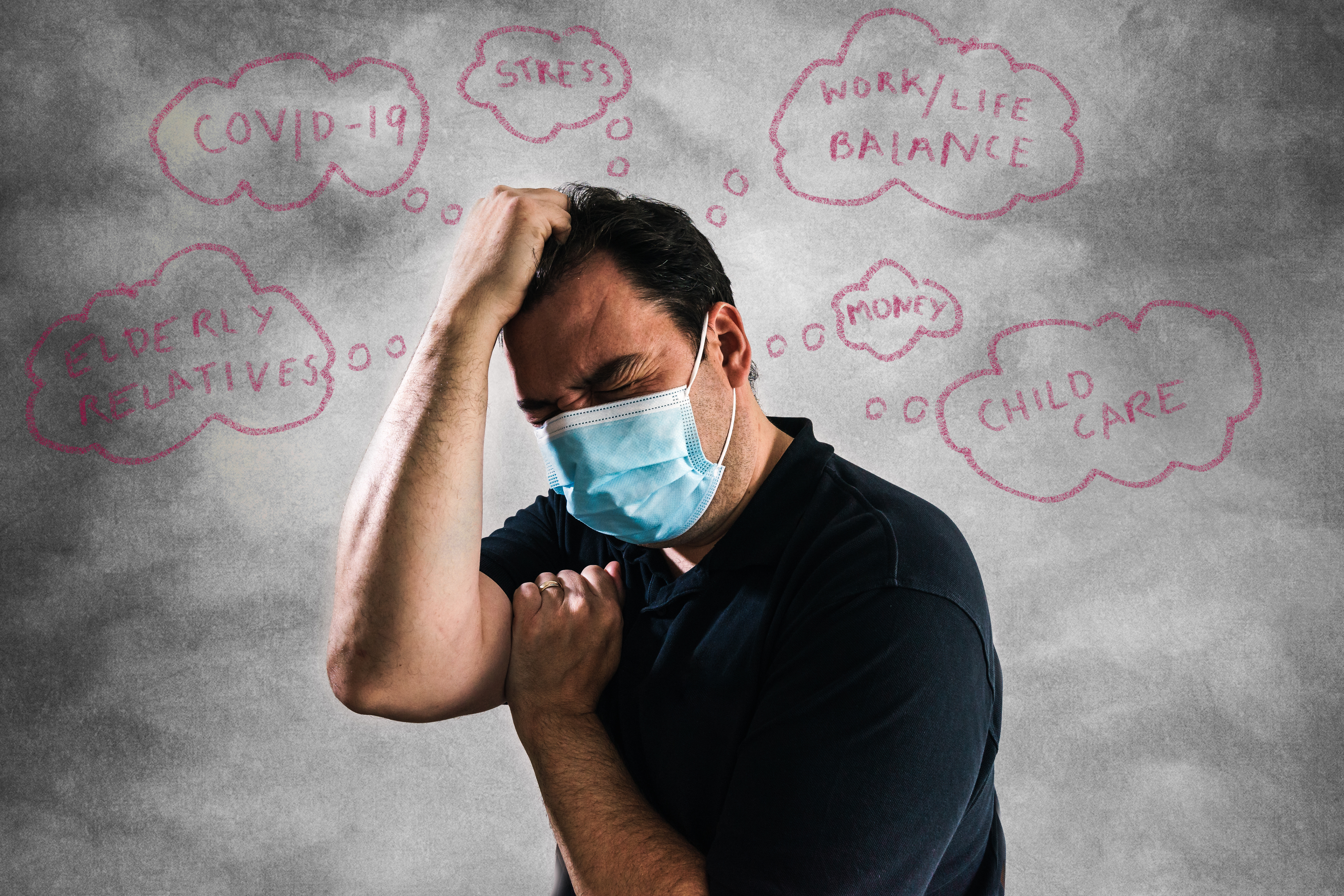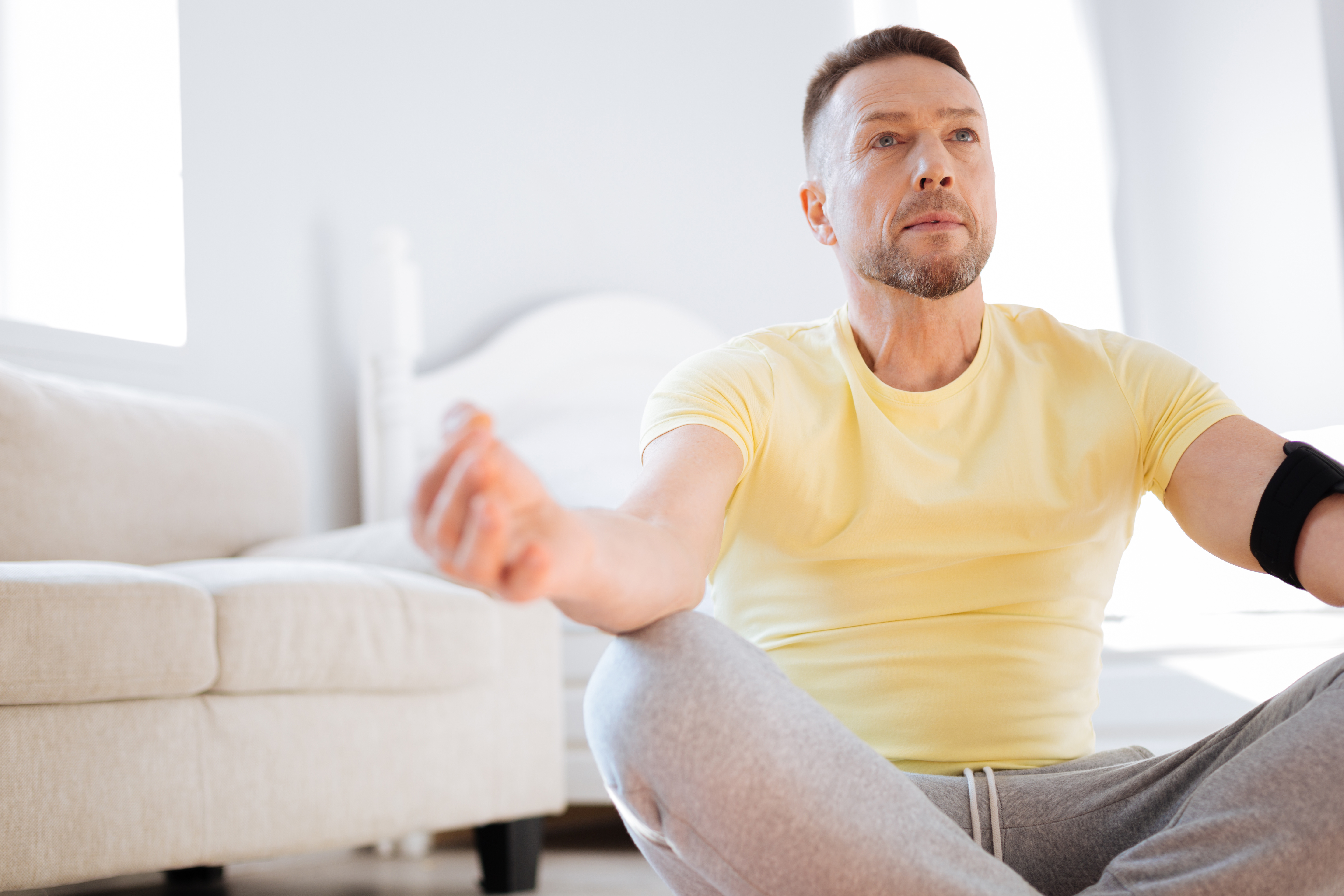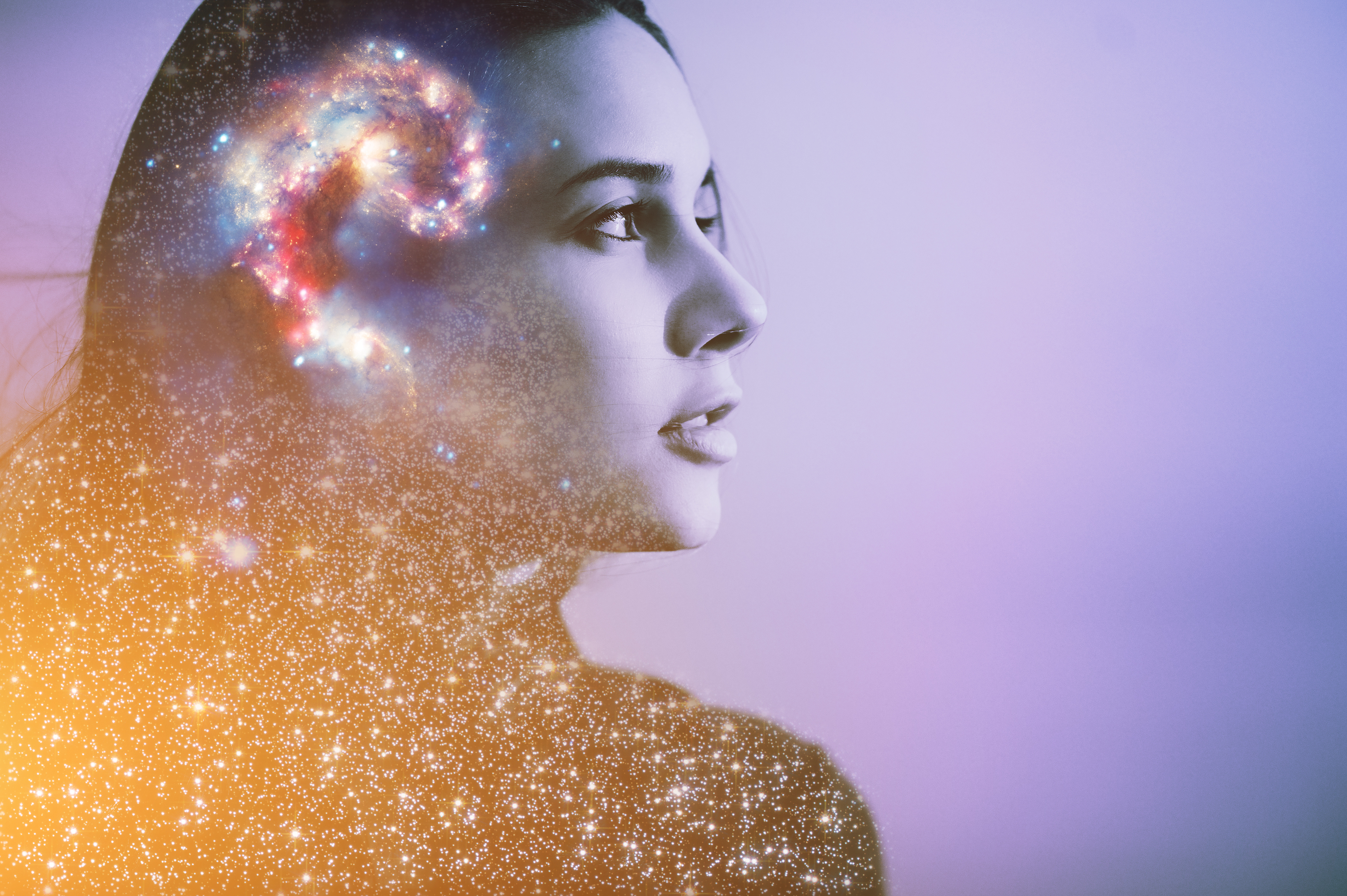Letter from the Co-CEO: What to Do When You Are Feeling Anxious by Lynette Lim

Photo by Lynette Lim
Dear friends,
Can you believe it? There is only one more month in the year 2020! Here in Chicago, the leaves have fallen, leaving the trees bare. It gets dark by 4 p.m. I have finally resorted to wearing my slippers in the house. Winter is indeed here.
Along with the colder months comes the holiday season, with Christmas and New Year’s being the days people have traditionally looked forward to. But the COVID-19 pandemic has affected how we celebrate this season. How will we celebrate events when we aren’t able to travel and meet face-to-face? How can we risk exposing ourselves to others when the cases in the U.S. are rising? Every trip, every person we meet, increases our risk of becoming infected.
Last week’s celebration of Thanksgiving was something of a foreshadowing of what the rest of the holiday season will look like. (Thanksgiving celebrations, when people all across America travel home, have always reminded me of how Chinese New Year is celebrated in the East.) Wholesale turkey prices have gone up by 18% with the anticipation of changes in demand and lower production during COVID. While I was shopping for Thanksgiving dinner two days before the holiday, I did not see a single cart that had a turkey in it except mine. Usually at Thanksgiving we would be travelling to Santa Fe to be with my father-in-law, or we would host a big Thanksgiving dinner in Chicago. However, this year my father-in-law was relieved of turkey-smoking duty since it would only be the two of them for Thanksgiving. Here in Chicago we still had our turkey, but with only one guest. I am sure my story and my father-in-law’s have been repeated throughout North America.
As much as I want to stop thinking about COVID and its effects, they are hard to ignore. The lockdown of Chicago since March, exacerbated by the looting, has brought downtown Chicago to its knees. Many of the boards on the shop and restaurant windows are still up, and many restaurants have remained closed. Walking four blocks from the office today to grab a takeout lunch, I was approached by five separate homeless persons. Looking at life now, it is hard to see what life after the pandemic would look like. And there is a general consensus that life will never be quite the same again, even after a vaccine is found. We won’t eat the same way, we won’t shop the same way, we won’t travel the same way, we won’t work the same way.
I observe that a sort of mass hysteria and anxiety have arisen through this pandemic, and we seem to be perpetually in crisis. Crisis has become our new norm, to the point that it has become boring. What is our latest crisis? One month ago, our attention was tuned into who would be the next president. Now that the election is over, did it relieve the feeling of impending doom? Did it relieve the anxiety? No, we only had a brief respite before we started fretting about the next crisis. We can pick up crises as we go, just like at a convenience store. And boy do we have choices! We have the economic crisis, the environmental crisis, the racial inequality crisis, the social crisis, the boredom crisis, the kids-are-at-home-and-I-hate-them crisis, just pick one!

We can of course blame the media, especially social media. Please see the Netflix documentary The Social Dilemma to get an idea of the impact that social media has. The media is out to make money just like any other business. But we have chosen to get sucked into it.
What do people in anxiety and hysteria do? The book The Body Keeps the Score explains that when a person is in a traumatic situation, the brain goes to three possible modes—fight, flight, or freeze—and the executive function fails. This means that the part of your brain that is rational, that is able to prioritize and do things step by step, goes down the drain because all your energy has gone to the lizard part of your brain to “fight” or “flee” or “freeze” from that lion that is chasing after you. This kind of information has only come out recently due to advances in brain scan technology—researchers can now literally see in real time which part of the brain is active during certain triggers.
It is my personal observation that among these three responses, people tend to go into the “freeze” mode. We don’t know what to do in this “crisis,” so we do nothing. We become that deer in the headlights. Anecdotally, a friend whose daughter was planning a wedding shower next month was saddened by the fact that none of the friends she invited even RSVPed. These were her childhood friends. Were they so overwhelmed with anxiety that they just didn’t think to reply? Did they just not want to say no? It is so intriguing. Yes, nothing is the quite the same in COVID times.
It is as if, on a human level, this pandemic has given us all a blanket get-out-of-jail-free card. We can be excused from what was considered a normal courtesy - to RSVP - due to COVID. We are also relieved (sorry for the pun) of the usual social obligations, like having small talk with your neighbor, attending birthday parties, and going to work, none of which we might choose to do if we were honest. In one sense, COVID has given us all a tremendous amount of freedom because we can now work from home and avoid the annoyances and displeasures of commuting. While we have lost certain privileges like traveling abroad or going to a live concert, we have gained freedom and control of our time without the boss (quite literally) breathing down our necks.
With all this time and freedom from the normal obligations, the more important question is, what do you then do with that? Moreover, what do you do when the feeling of anxiety corners you down a narrow alley? As humans in the 21st century who have inherited the caveman brain of our forefathers, we are still susceptible to becoming addicted to stimuli. Boredom in our quarantined life can drive us unconsciously down the path of overdosing on Netflix, drinks, chocolate, online games, etc. But these stimuli, finding one excitement after another, will not bring us peace. It actually prevents us from finding peace.
What I am about to suggest doing is not what you would expect, but it is what I am also learning to do.
During these feelings of overwhelm or boredom, do not to rush to the fridge or switch on the TV for comfort, but pause and acknowledge how you are feeling. Whatever the feeling is, it is ok and completely valid. It is not right or wrong, it just is. Witness that discomfort or other feeling as if it is a separate person and you are like a friend being there, showing up for the feeling. If it helps, you can say it out loud: “Yes, I am feeling anxious now, and I am ok.” Notice what sensations you might feel in your body as you allow your feelings to surface. The initial feeling might shift from anxiety to sadness and then to grief. Or it could just stay the same. Once the feeling settles in and no longer feels overwhelming, then you can carry on with your normal activities. This only takes a minute or two, but it is a conscious effort to listen to your feelings without judgement.

This is my simplified version of a mindfulness practice, which has been a growing trend in recent years and has been proven to help alleviate stress. It sounds simple, doesn’t it? But It isn’t. You will find within yourself resistance towards change, and flat-out denial, as well as judgement about even having feelings of anxiety. You might hear a voice that tells you, “Oh, you shouldn’t be feeling this way! You are weak!” Thus the autopilot thing to do is press that feeling down, grit your teeth and live on. It works, until it doesn’t. It works until that suppressed feeling returns in other forms, like headaches, sleeplessness, ulcers. This is the way your body tells you to not ignore this part of yourself.
Do you remember the law of conservation of energy? First hypothesized and tested by Émilie du Châtelet (who also devised an early form of financial derivative), it states that energy cannot be created or destroyed; it can only be changed from one form to another.

If you think of feelings—especially strong feelings—being a form of energy, it makes sense, doesn’t it? It has to go somewhere. It has to move somewhere and transform. It can’t be destroyed.
If you forget everything I have said, just remember to breathe.
